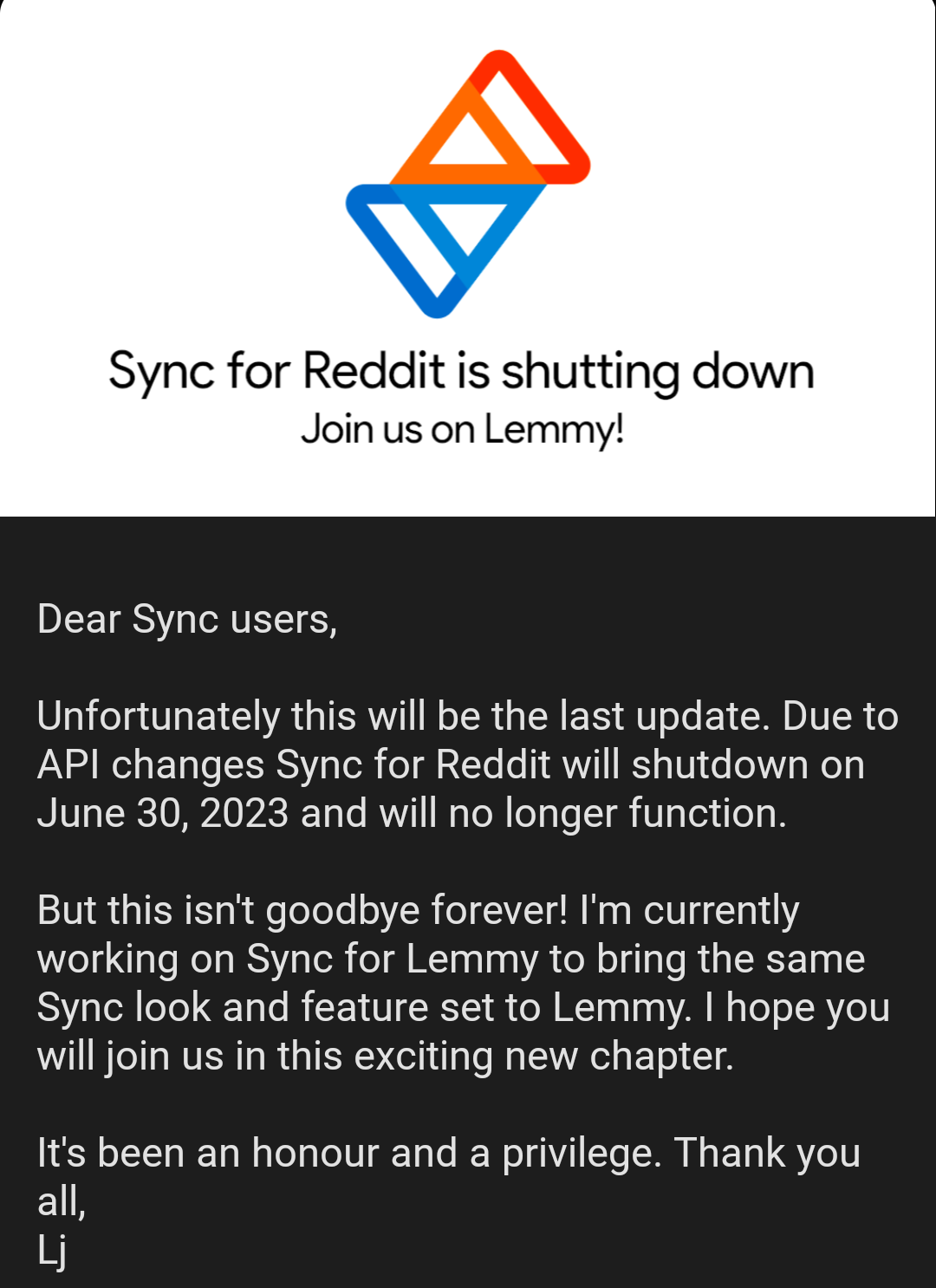

Nazis thrive on diluting language—twisting words like “freedom” and “patriotism” to serve their agenda. Ironically, the same thing happens when “Nazi” gets thrown around carelessly. Mislabeling people weakens the term, but so does refusing to acknowledge real extremists. Precision matters—both in calling out threats and in resisting linguistic manipulation.





One button. Endless possibilities.